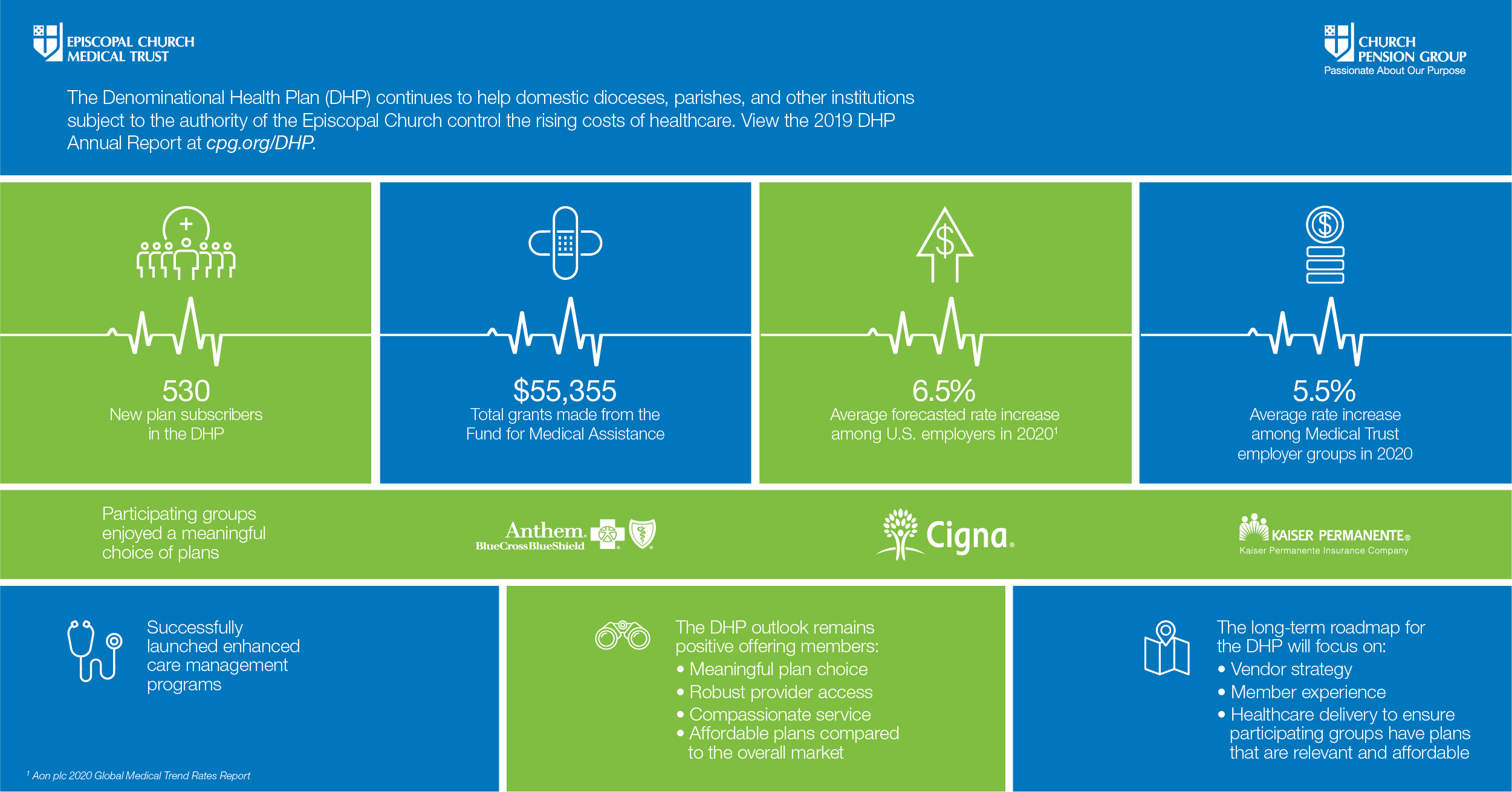Check Out The Compelling Improvement Of Catholic Colleges And Their Remarkable Influence On Education And Learning-- Might Their Traditions Open The Possibility For Future Knowing?
Check Out The Compelling Improvement Of Catholic Colleges And Their Remarkable Influence On Education And Learning-- Might Their Traditions Open The Possibility For Future Knowing?
Blog Article
Produced By-Sheehan Grace
When you consider the history of education, Catholic schools stand out for their deep-rooted practices and long-term impact. These institutions began as a means to instill belief and worths, however they have actually adjusted extremely over centuries. https://www.cbssports.com/college-football/news/oklahoma-vs-western-carolina-live-stream-watch-online-tv-channel-prediction-pick-spread-football-game/ , they play a vital duty in shaping not just academic success however also moral integrity. What's fascinating is just how they have actually handled to thrive amidst transforming cultural landscapes, questioning regarding their future significance and effect.
The Beginnings of Catholic Education And Learning: A Historic Perspective
Catholic education and learning traces its roots back over 1,500 years, when very early Christian neighborhoods identified the requirement for structured learning. You'll locate that these neighborhoods intended to pass on their belief and values with education and learning.
Monasteries and sanctuary colleges became centers of discovering, nurturing both spiritual and intellectual development. As you delve deeper, you'll see that the educational program commonly included ideology, faith, and the liberal arts, developed to develop well-rounded people.
Gradually, the Church established a lot more formal organizations, making sure that education continued to be available to all. The dedication to teaching moral values and fostering a sense of community has actually continued via the centuries, shaping the academic landscape and affecting many lives worldwide.
This enduring legacy remains to inspire Catholic education and learning today.
The Evolution of Catholic Institutions With Cultural Contexts
As societies advanced, so did the duty of Catholic institutions, adapting to the social contexts in which they existed. In the early years, these institutions concentrated largely on spiritual guideline, however as neighborhoods expanded, they started to include regional languages, personalizeds, and educational requirements.
You 'd observe that Catholic colleges often became centers for social communication, cultivating a sense of belonging among trainees from different backgrounds. In many regions, they attended to social issues, such as poverty and discrimination, by giving available education for all.
As you check out various cultures, you'll see just how Catholic schools have changed their curricula and mentor methods, showing the worths and challenges of their environments while remaining true to their fundamental goal of confidence and scholastic quality.
The Modern Duty and Effect of Catholic Schools in Society
In today's globe, Catholic colleges play a vital function in shaping not just the instructional landscape, yet likewise the broader community.
You'll find that these institutions stress worths like respect, concern, and social justice, fostering all-round people who add positively to society. By focusing on scholastic excellence and moral growth, Catholic institutions prepare students for future difficulties, supporting vital reasoning and management abilities.
They frequently offer varied populations, connecting gaps in access to quality education. Additionally, you might observe their dedication to solution, motivating students to participate in community outreach and volunteer work.
This mix of education and learning and ethical support makes Catholic colleges a substantial force, cultivating accountable residents who can influence their areas right.
Final thought
Finally, Catholic institutions have a rich background that's formed their enduring impact on society. You have actually seen just how they've adjusted to numerous social contexts while preserving a dedication to faith, values, and scholastic quality. Today, they continue to play a vital duty in fostering area, promoting social justice, and nurturing responsible people. As you assess their tradition, it's clear that Catholic institutions continue to be a powerful pressure for favorable adjustment in the world.
